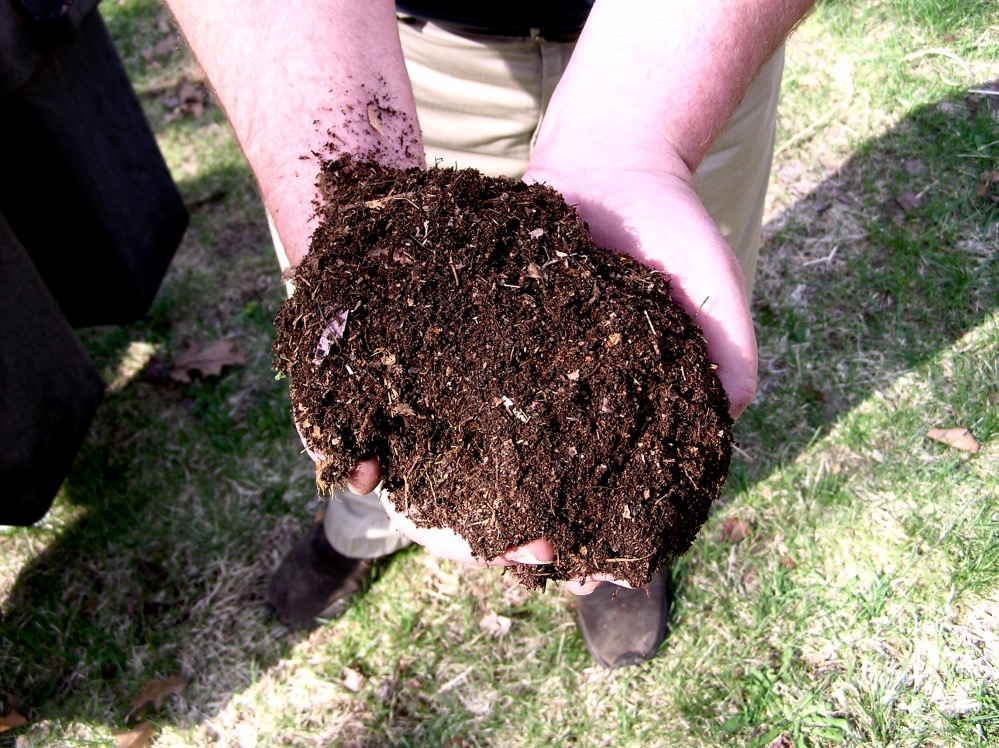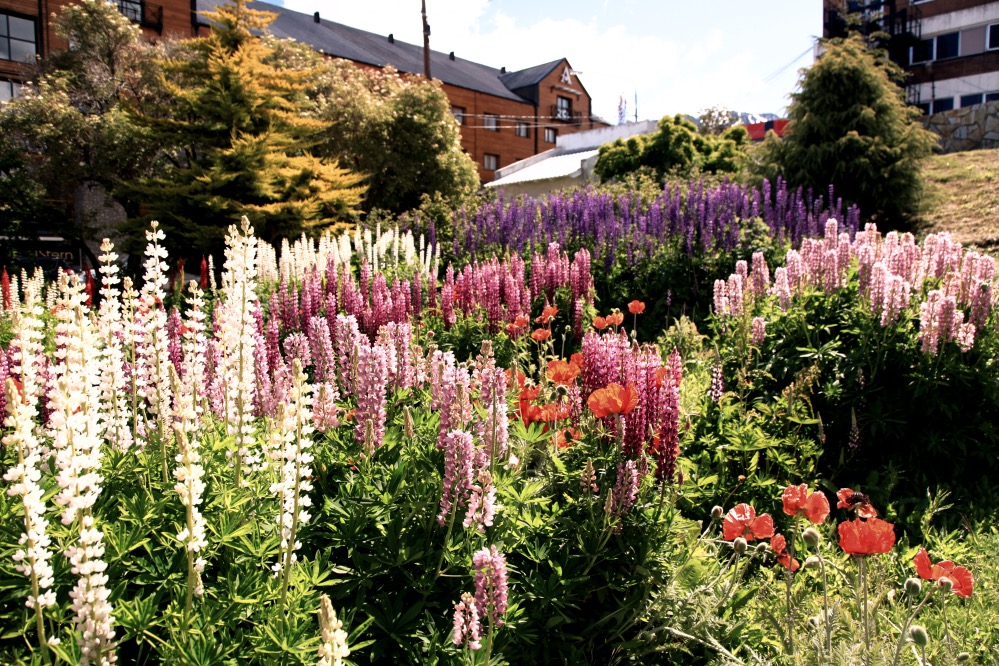By definition, composting is the use of decayed organic material as plant and tree fertilizer. It involves a recycling process where dead organic materials are turned into nutrient rich soil. Compost has the ability to make plants healthier, as well as the ability to increase their flowering and fruiting potential. Overall, using compost is a great organic alternative to using fertilizers that are sometimes laced in inorganic chemicals and growth hormones. Of course, composting stirs positive environmental habits, such as recycling and soil enrichment. It is also a wonderful way to introduce kids to the beauties of recycling, and the life cycle. Below is a more in-depth explanation on why you should use compost in your yard using articles from plowhearth.com and recycle.org.
Using organic soils like compost means using soils your plants and garden will love. Why? To start, compost contains all the major plant nutrients, including potassium, phosphorus, and nitrogen. Additionally, it also contains billions of bacteria, fungi, and yeasts that help further break down organic matter, supplying a long-term, steady nutrient feed to plants and soils. Compost texture also greatly improves the tilth, or soil structure of gardens it is used in. Its loose fluffy-like texture allows for increased drainage of clay soils, as well as the binding of sandy soils. These reactions allow for enhanced moisture retention properties throughout your garden.
Composting is a cost efficient process, as well as an environmentally friendly one. In fact, according to recycle.org, yard and food waste makeup about 30% of the waste stream. As an environmentally friendly practice, composting helps reduce some of the accumulated waste from landfills, waterways, and even water treatment facilities. In terms of cost efficiency, composting is also a very effective practice. For someone who avidly tends to their garden, composting replaces expensive soil conditioners and fertilizers. Instead you now have large, fresh piles of nutrient rich soil ready to fertilize your yard for practically free!
Composting is not a difficult process either. When thought of in a simpler sense, composting is just glamorized, useful rotting of waste. In fact, by just piling your kitchen scraps, cut grass, and autumn leaves into a giant pile, you can have a healthy amount of compost in your backyard in just one year’s time. That’s because composting is a natural process. Controlled composting involves speeding the natural process. This involves moistening, turning, and adding to the mixed properties from time to time. Adding worms to your compost pile/bin is probably the most intricate part of your composting process. Worms and worm castings add extra soil nutrients into your soil.
If you liked this post, consider taking a gander at the rest of our gardening blog. If you’re interested in our services, check out our main site for more. Thanks for reading !

